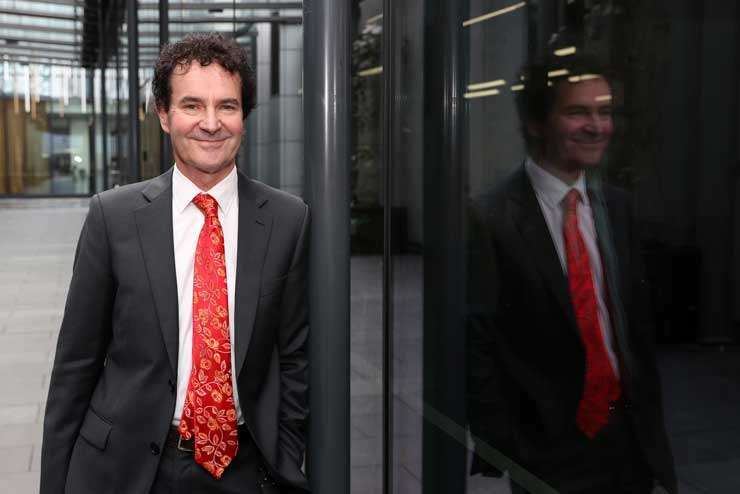ANALYSIS: I’ve been fairly busy in recent weeks making presentations to different groups of people, and have been offering the following insights into what our economy is doing.
Things are not good. On average our economy grows 2.7% per annum and despite the fastest rate of population growth since 1947 last year (2.9%) we only eked out growth of 0.6%. The economy has shrunk in four of the past five quarters and things look like they are getting worse.
Jobs growth when we offset gains against losses essentially stopped in the middle of last year and is probably going backwards now. As yet the rise in the unemployment rate to 4.3% is not particularly interesting because the average rate for the past three decades has been 5.3%.
Discover more:
Start your property search
- Tony Alexander: NZ's sudden collapse - why first home buyers could come out on top
- Countdown to bright-line: Stressed landlords urged to 'beat the rush' and list now
- 'Sugar hit': Bank slashes its mortgage rate by 1% for first home buyers
But for a whole generation of employees this is new. Not new in the sense of economic weakness causing job losses, but new in terms of no action being taking by the Government or Reserve Bank to prevent the economic weakness and job losses.
In fact, our central bank wants the economy to stall, and the Government is actively trimming back what has become a very bloated public service yielding no improvement across most of the range of indicators discussed in the now meaningless “wellbeing Budget”.
As discussed here last week, the immediate outlook for our economy is bad not just because we right now are in the thick of the most depressing part of the monetary policy tightening cycle. There is also new job insecurity, depletion of pandemic savings, catch-up tax collection by the IRD, and a wave of older investors looking to quit their property investments.
Cash flow pressures will be felt across most sectors of the economy but particularly hospitality, retailing, and the widely defined home building sector with concentration on developers of multi-unit buildings. Many businesses will not survive to 2025 and when I get to this point in my presentations, I strongly emphasise this following point.

Independent economist Tony Alexander: “Our central bank wants the economy to stall, and the Government is actively trimming back what has become a very bloated public service.” Photo / Fiona Goodall
The decline of sufficient cash flows for many businesses will initially be accepted as temporary. But as the owner trims costs, perhaps sells off assets to shore things up, there comes a point where it will be clear that continuation of the business is not possible.
The problem is that the owner is probably not going to acknowledge this situation until it is too late to save some capital, their home, their marriage and maybe their health. My recommendation thus becomes this:
For those of us who have been around for a while and seen the ups and downs, watched the rash purchases of golden Ford Rangers and seen the forcing of families to live with relatives, there is a duty. One of us needs to sidle up to our relative, friend, club mate running the business and say perhaps you need to call it quits. Not everyone wins every time and sometimes you’ve got to stop what you’re doing before things get legal at the behest of your bank, your creditors, or the IRD.
I’m no expert in behavioural economics. But I imagine that just as we are aware of the economic cycle, the housing cycle, and the credit cycle, there is probably something called the psychology cycle or a more appropriate term like that.
If there is, then we are entering the most dangerous part of it where many business owners will have to face the reality of their inadequate cash flow position. It seems better than those of us who’ve lived through cycles of the past and seen the damage choose to walk the path some now need to follow with them, rather than trying to pick up the pieces of what is left of their lives a year from now.
- Tony Alexander is an independent economics commentator. Additional commentary from him can be found at www.tonyalexander.nz









































































